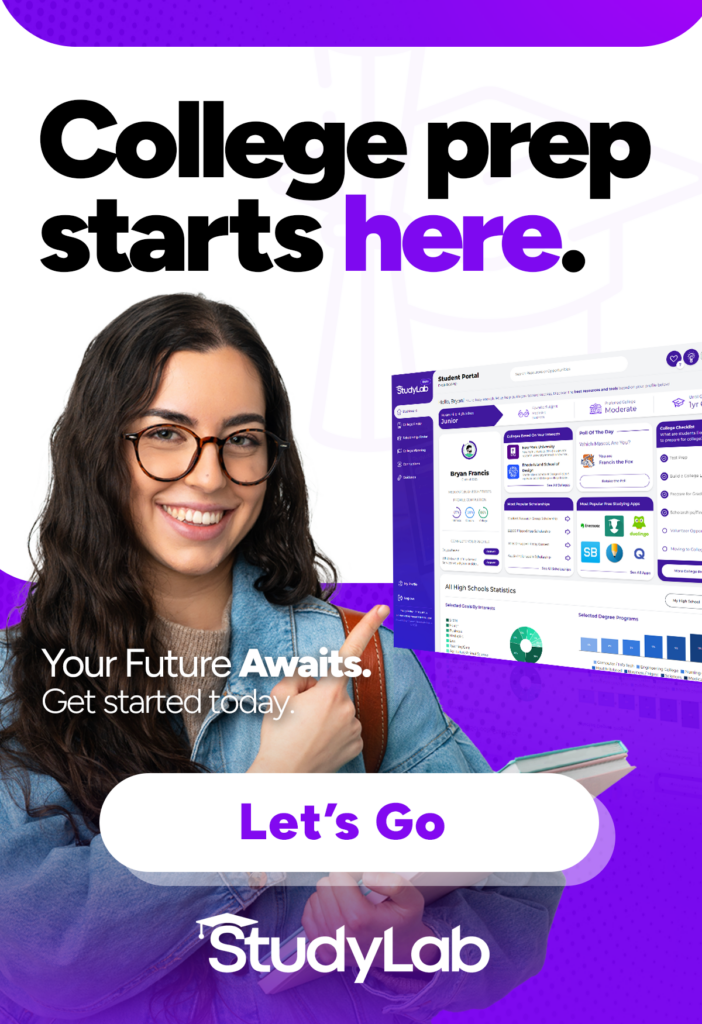A growing list of colleges have announced that they will offer most or even all of their classes online during the coming academic year.
That prompted one student we know to ask, “So, should I forget about declaring myself pre-med next year? I mean, how am I going to get those lab classes completed in an online format?”
That’s a smart question to ask. Granted, colleges could be resuming normal in-person classes sooner than we expect. If that happens, the current shift to virtual classes could become little more than a troubling memory. But still, it is wise to think and plan ahead, and ask some questions like these.
What Percentage of Classes in a Major Rely on Face-to-Face or Lab Instruction?
This is an interesting question to ask. You can explore it by reviewing a college’s course requirements for the completion of different majors, or by calling your college to speak with an academic advisor.
And when you do explore it, you will find that a number of different college majors – not only science or engineering – rely so heavily on in-person training that it might be smart to wait before making them your choice.
It’s a diverse list that includes:
- Construction trades, which require extensive hands-on learning, and which may require apprenticeships outside of the context of college learning
- Cooking and culinary arts, which require classes that cannot be entirely taught on computers
- Education and teaching, which have a classroom component
- Fine art and painting, which require participation in studio art classes
- Forestry, which requires participation in group studies and classes
- Mechanical, chemical aerospace and electrical engineering, which combine theoretical knowledge with knowledge that is gained in laboratory and even workplace environments
- Medical support professions, which require extensive hands-on experience
- Nursing, which requires a mixture of subjects that can be taught online (like anatomy and pharmacology) and hands-on (infant and new mother care)
- Performing arts such as dance and music, which require instructor-led learning and participation in classes and ensembles
- Physical therapy, chiropractic, and other “hands-on” medical professions
- Pre-dental concentration, which requires participation in clinics
- Pre-med, which requires extensive laboratory classes, as well as studies in clinical settings
- Pre-veterinary studies, which require labs and hands-on learning
Other Majors and Careers that Require Less than 10% Classroom or Face-to-Face Learning Experiences
And then we come to the following careers and college majors. Here is a list of 60 of the most popular college majors today, all of which can be begun and pursued nearly to completion through online courses:
- Accounting
- Advertising
- American Studies
- Anthropology
- Architecture
- Art Education
- Asian Studies
- Astronomy
- Biological Sciences
- Business Administration
- Child and Family Studies
- Civil Engineering
- Classical Civilization
- Classics
- Clinical Laboratory Science
- Communications
- Comparative Literature
- Creative Writing
- Criminal Justice
- Ecology
- Economics
- English
- Environmental Sciences
- Exercise Science
- Finance
- Food Science
- Foreign Languages
- Geology
- Graphic Design
- History
- Horticulture and Plant Science
- Hotel and Tourism
- Human Resource Management
- Interior Design
- Journalism and Electronic Media
- Languages
- Latin American Studies
- Linguistics
- Logistics
- Management
- Marketing
- Mathematics
- Music, Non-Performing Studies
- Nuclear Medicine Technology
- Nutrition
- Physics
- Plant Sciences
- Political Science
- Pre-Pharmacy and Pharmaceutical Science
- Psychology
- Public Administration
- Recreation and Leisure Administration
- Religious Studies
- Retail and Consumer Sciences
- Social Work
- Sociology
- Sports Management
- Statistics
- Wildlife and Fisheries Science
- Women’s Studies
We Invite You to Explore Your Career Options with Us. . .
Participate in the National Career & College Pathway Study to gain new insights about making educational decisions that align with your interests, passions, and aptitudes. Participants will receive information on college and career opportunities that match their interests.
Related Posts
21 Careers for the 21st Century
Career Counseling Advice: Tell Your Students the Importance of Loyalty to Employers
When and How Do High School Students Begin to Consider their Future Careers?
How the Coronavirus Could Affect Your College Life and Plans
Helping Students Choose a Major
The Pandemic’s Impact on Your Education . . .
Classes Cancelled? Here Are Some High-Productivity Activities High School Students Can Do Anyway

